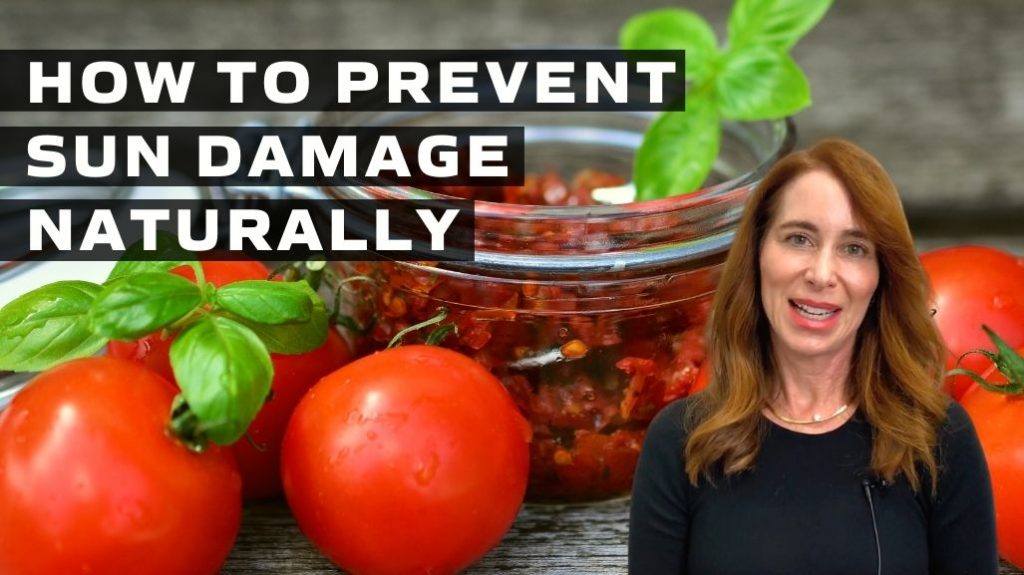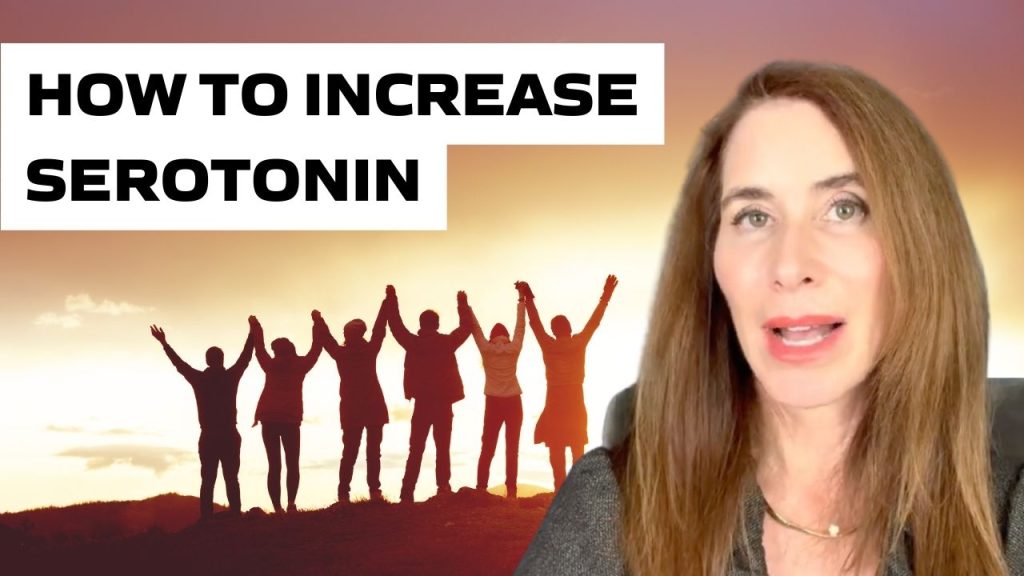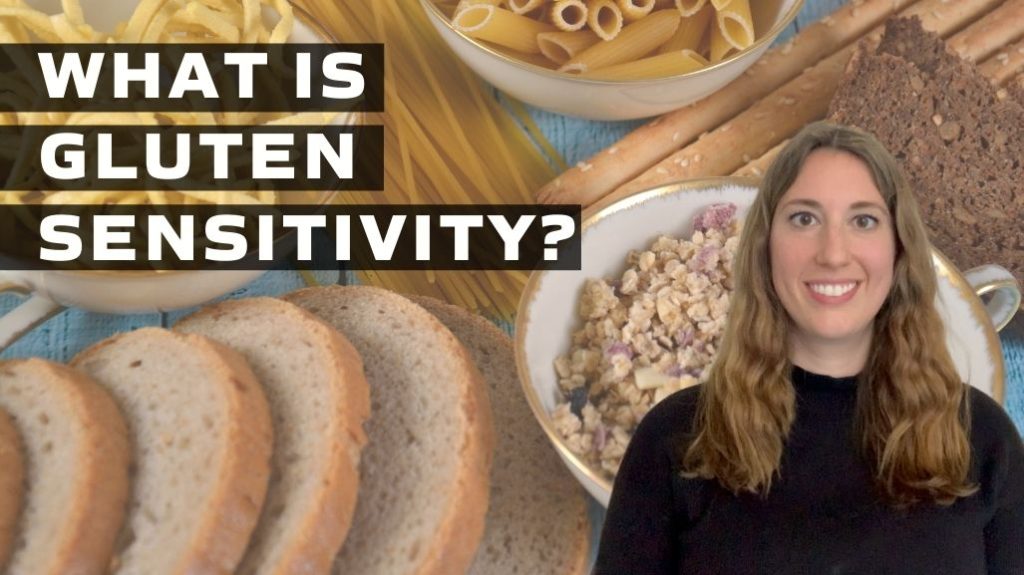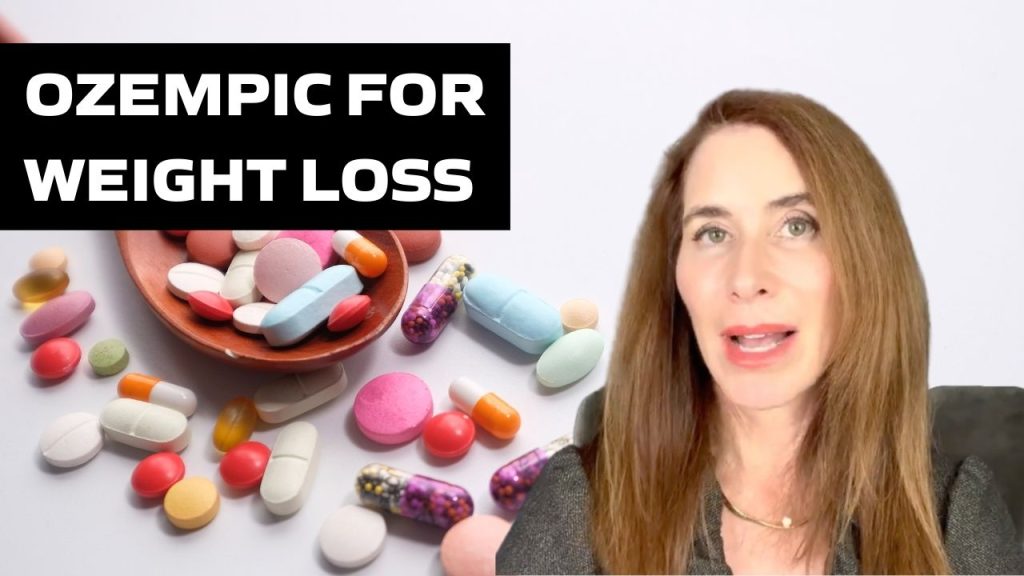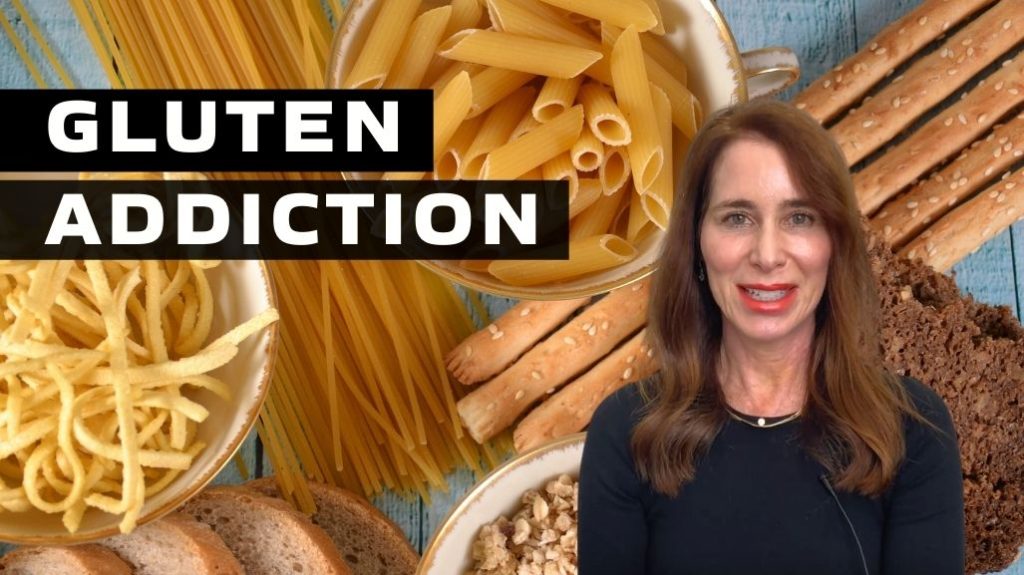The Dark Side of Coconut Oil
Is Coconut Oil a Superfood?
Coconut oil has been labeled a superfood that defies the laws typically associated with saturated fats – namely saturated fats are unhealthy and can cause heart disease. I too have recommended coconut oil for my patients over the years, in moderation.
There is a lot to know in the field of nutrition and no one knows it all; that is clear. Certainly, I find myself “digging in” to certain areas of nutrition based on what my patients present as health challenges and the lectures I am asked to give. I offer this as my introduction because this year I have found myself more involved in heart disease than ever before. It certainly makes sense, considering it’s our number one killer, but this year has had me researching and looking deeper into many aspects of the disease.
One thing that’s always plagued me is the statistic that 75% of those hospitalized for a heart attack had “normal” cholesterol levels. Their total cholesterol averaged about 170, well within the “healthy” guidelines, while their LDL cholesterol (“bad cholesterol”) was also “optimal” at about 100 mg/dL. Actually, LDL levels of up to 130 are considered near-optimal and therefore very acceptable, and only borderline high up to 159. It’s not until one’s LDLs are at or above 160 they are considered “high”. It begged the question: What then was causing these heart attacks?
We started seeing statements like this as a result of the unanswered question: Cholesterol levels are poor predictors of future heart attacks. But was it true?
Could it be that what we considered “normal” wasn’t actually “healthy”? The risk of heart disease is known to increase once LDL levels rise above 50-70 mg/dL, so why then is up to 100 considered ideal? Very good question, and when governmental agencies were asked, the answer was simple: It would bankrupt our healthcare system to get everyone on drugs to lower their LDLs to a truly ideal, heart attack-proof level.
Hmmm. That is such a traditional, western medicine, there’s no solution but drugs, answer…
What if you could get your LDL levels truly ideal without the use of drugs? Impossible? Not at all. We accomplish it here at the clinic all the time.
Okay, now back to coconut oil. As you probably know, coconut oil is being touted as uber healthy and great to add into everything from your coffee to your smoothie to your saute pan. Recently several new patients have arrived concerned about their coronary risk and the worsening of their blood values. They had been following, on their own, a diet rich in coconut oil.
It’s true that about 45-50% of coconut oil is composed of the saturated fat lauric acid, thought to increase HDLs, our good cholesterol – more on that a little later. It also contains stearic acid (1-3%), considered a neutral saturated fat that it doesn’t seem to affect cholesterol in a good or bad fashion.
However, coconut oil also contains myristic and palmitic acid at about 18% and 8% respectively. Diets containing myristic and palmitic acid are considered rather toxic due to their tendency to raise LDLs, the bad cholesterol. These fats tend to not only raise LDLs but lower HDLs, the good cholesterol.
Reference: (Arteriosclerotic Thrombosis and Vascular Biology 1994;14:567-575.) “Impact of Myristic Acid Versus Palmitic Acid on Serum Lipid and Lipoprotein Levels in Healthy Women and Men”.
Some researchers comment it’s not totally clear how lauric acid affects LDL cholesterol. If it’s added to the diet in lieu of butter it will likely lower the LDLs, but that’s not much of an endorsement, considering how terrible butter is.
Another endorsement of coconut oil involves individuals from places on the planet whose inhabitants naturally consume a lot of it, yet tend to have healthy hearts and low incidence of heart disease. A variety of factors may come into play such as exercise level and other dietary influences that haven’t yet been properly evaluated, meaning coconut oil consumption and resultant low heart disease may not be causally related.
A 2009 study out of Brazil published in the journal Lipids, evaluated young obese women who were asked to consume an ounce of coconut oil per day for 3 months. The result was an increase in both HDL and LDL levels.
Another study where participants consumed 2 tablespoons of coconut oil per day while also on a calorie-restricted diet, still yielded a rise in LDL levels, despite weight loss, which would typically lower LDLs.
Does coconut oil’s ability to raise HDLs to make it a safe bet to consume by the tablespoonful? Not according to Walter Willett, MD from the Harvard School of Public Health’s Department of Nutrition, and I must agree. His advice: “I’d use coconut oil sparingly.” “Coconut oil’s special HDL-boosting effect may make it ‘less bad’ than the high saturated fat content would indicate, but it’s still probably not the best choice among the many available oils to reduce the risk of heart disease.”
While I prefer you get your fats in the whole food form such as nuts, avocados, and seeds (especially flax), my favorite oil for cooking is currently avocado oil. Avocados are very rich in cholesterol-lowering phytosterols – yes, it’s an oil that lowers cholesterol and boosts your immune system. Avocados are also rich in vitamin E, have more potassium than a banana, and the carotenoid content, both in the avocado itself and in the meal you consume with it, is better absorbed due to the healthy fats found within.
My current takeaway for you is to use coconut oil sparingly and strive to lower your LDL levels between 50 and 70 mg/dL. It’s actually not difficult if you’re willing to make some diet and lifestyle changes. You won’t feel hungry or deprived, I promise. In fact, you’ll be surprised at how much better you’ll start to feel in a relatively short period of time.
If you are wondering how best to reduce your risk for heart disease, while discovering the healthiest diet for you —contact us for a Free Consultation – Call (408) 733-0400.
If you are not local to us you can still receive help, our Destination Clinic treats patients from across the country and internationally.
We help the world’s busiest people regain, retain, and reclaim their health, energy, and resilience. Call us soon.
Ask a Doctor
Have a health concern you'd like to speak with a doctor about? Or just want clarity on a subject? Ask Us!


